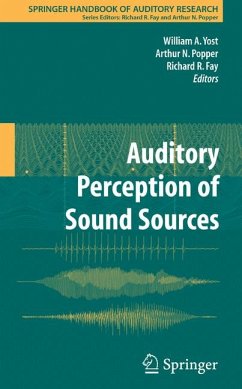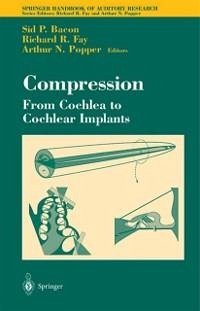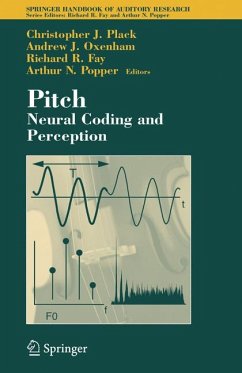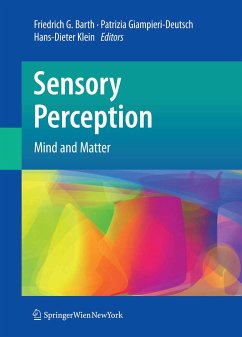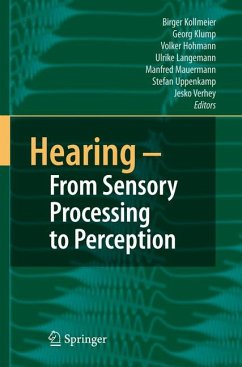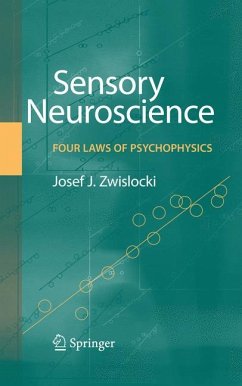
Sensory Neuroscience: Four Laws of Psychophysics (eBook, PDF)
Versandkostenfrei!
Sofort per Download lieferbar
112,95 €
inkl. MwSt.
Weitere Ausgaben:

PAYBACK Punkte
56 °P sammeln!
Sensory Neuroscience: Four Laws of Psychophysics organizes part of psychophysics -- a science of quantitative relationships between human sensations and the stimuli that evoke them. Although psychophysics belongs to sensory neuroscience, and is coupled to neurophysiology, it has also branched out to various specialized disciplines, including the disciplines of vision and hearing, ophthalmology, optometry, otology, and audiology. Due to this diversification and fragmentation, psychophysics has had an ad-hoc, phenomenological orientation. Besides Weber's law of differential sensitivity, and the ...
Sensory Neuroscience: Four Laws of Psychophysics organizes part of psychophysics -- a science of quantitative relationships between human sensations and the stimuli that evoke them. Although psychophysics belongs to sensory neuroscience, and is coupled to neurophysiology, it has also branched out to various specialized disciplines, including the disciplines of vision and hearing, ophthalmology, optometry, otology, and audiology. Due to this diversification and fragmentation, psychophysics has had an ad-hoc, phenomenological orientation. Besides Weber's law of differential sensitivity, and the still-controversial Stevens' power law, it has lacked a systematic grid of scientific laws. Sensory Neuroscience: Four Laws of Psychophysics provides valid unifying principles and systematic applications for this otherwise fragmented precursor of experimental psychology, and defines four multisensory relationships of substantial generality between sensations and the underlying stimulus variables. This book will be particularly useful to auditory researchers, experimental psychologists, and behavioral neuroscientists.
Dieser Download kann aus rechtlichen Gründen nur mit Rechnungsadresse in A, B, BG, CY, CZ, D, DK, EW, E, FIN, F, GR, HR, H, IRL, I, LT, L, LR, M, NL, PL, P, R, S, SLO, SK ausgeliefert werden.




